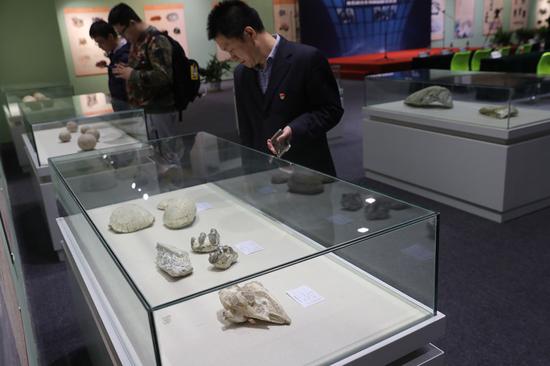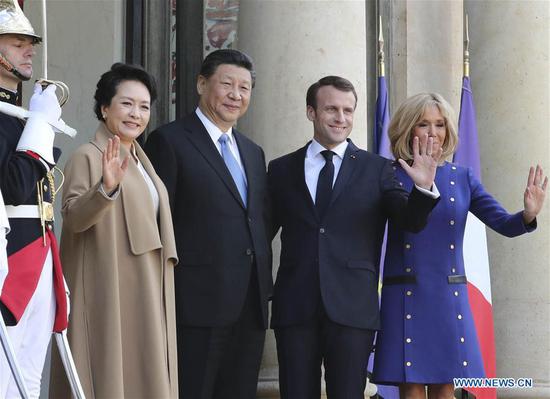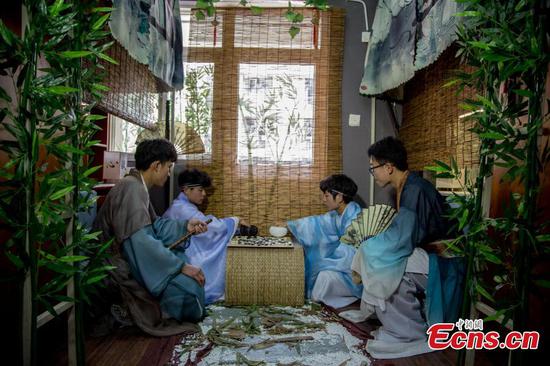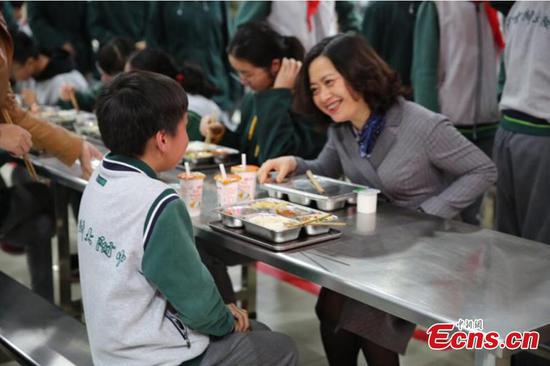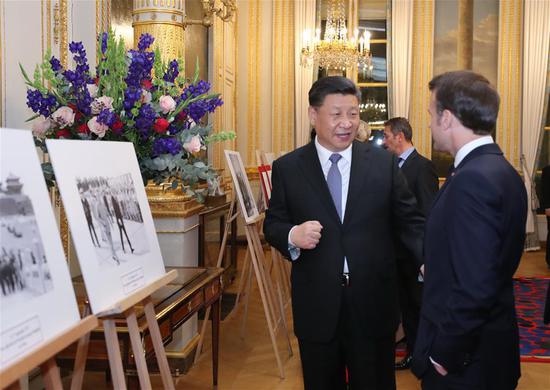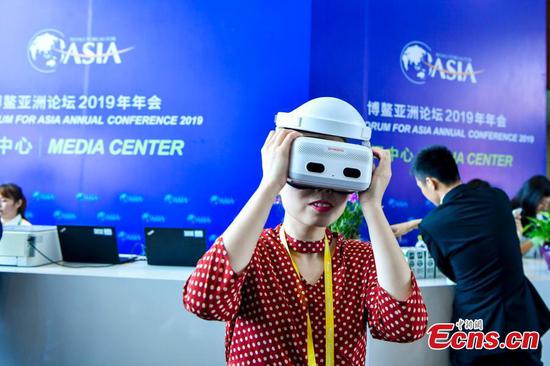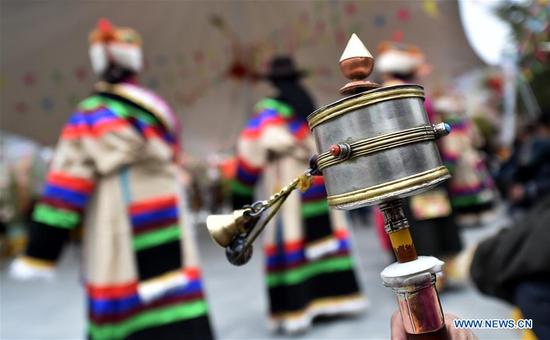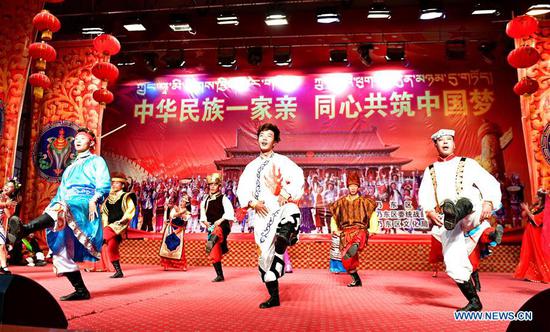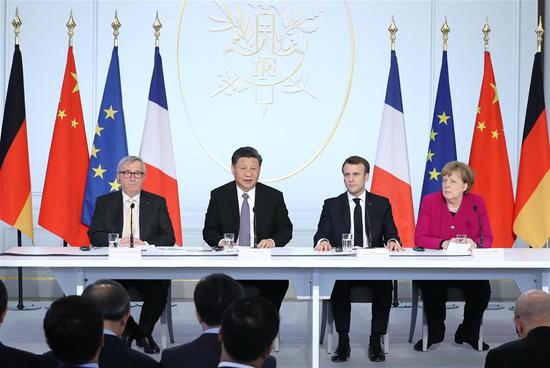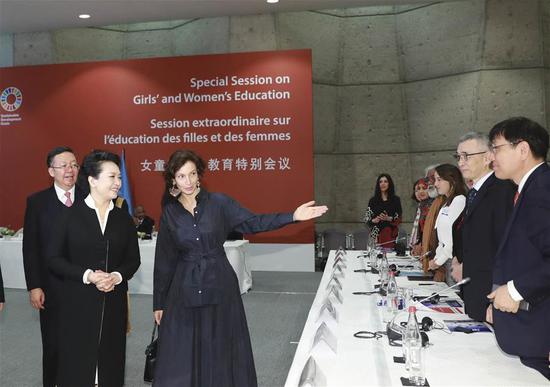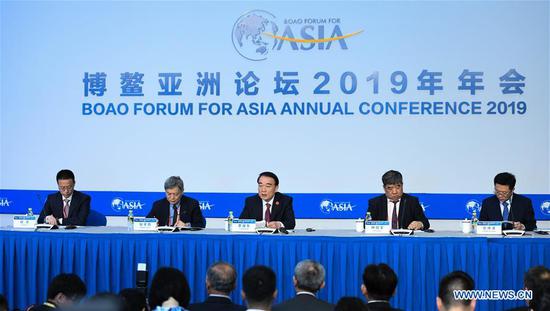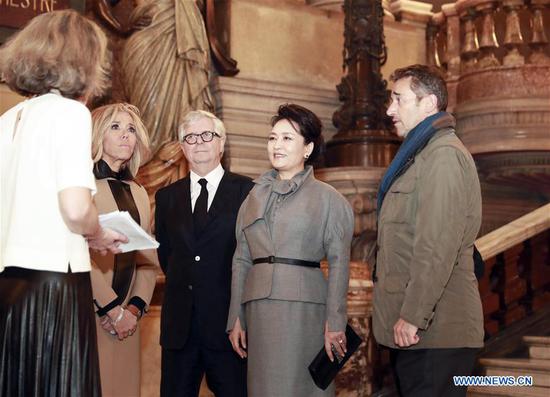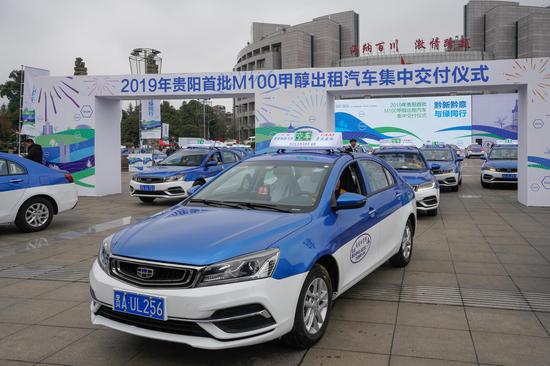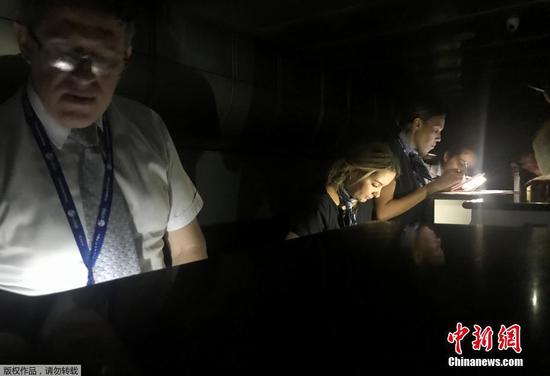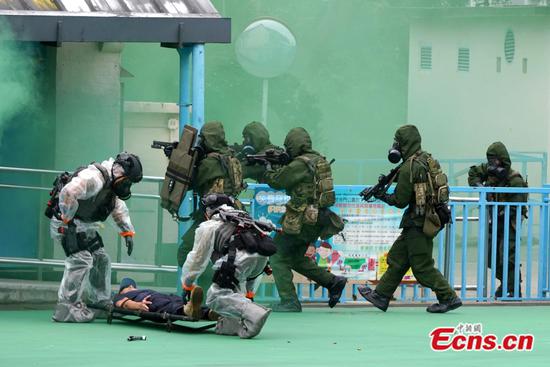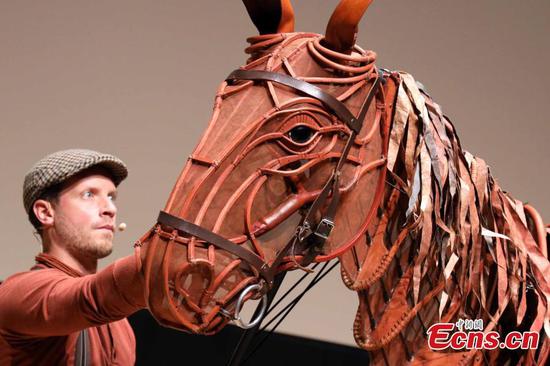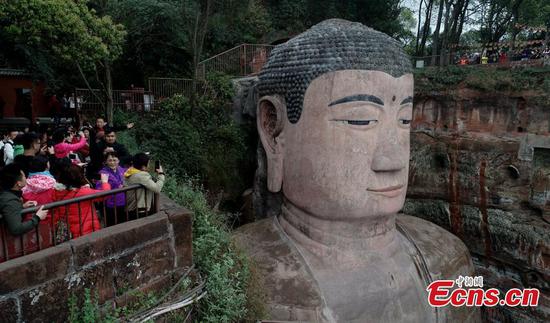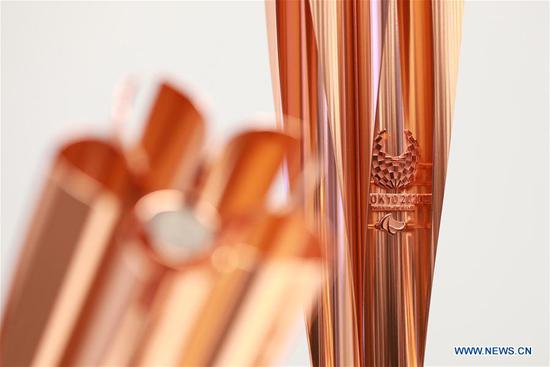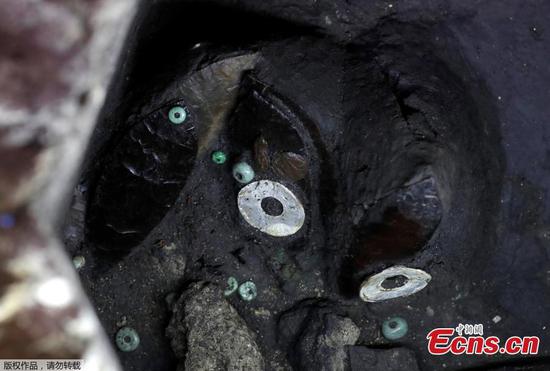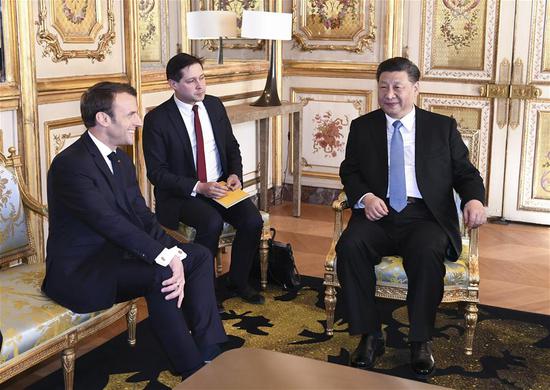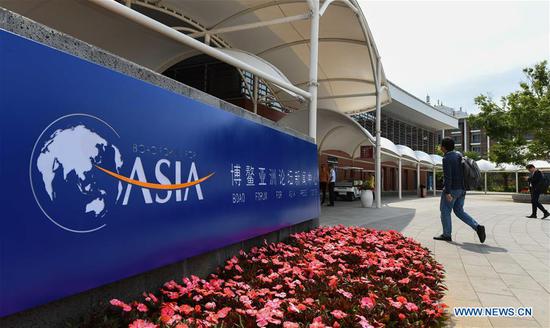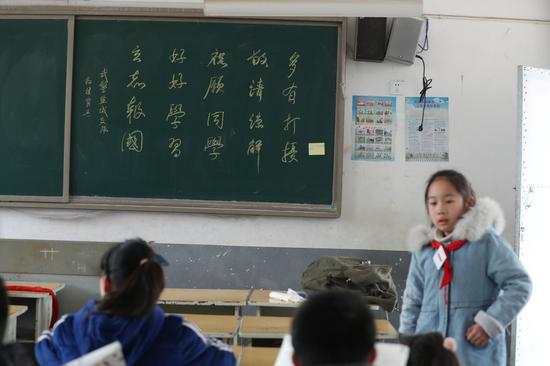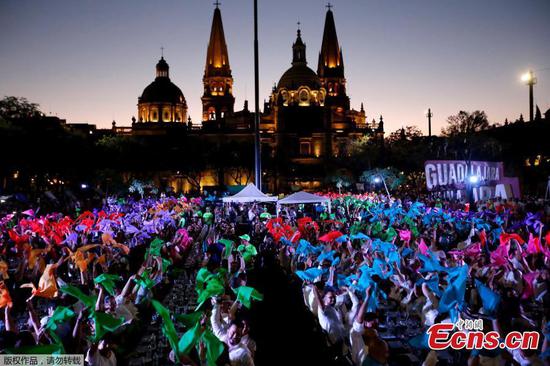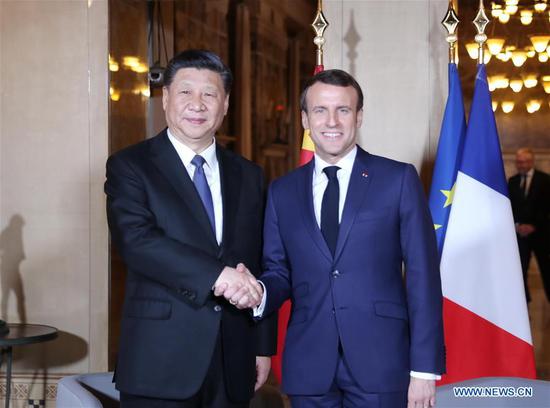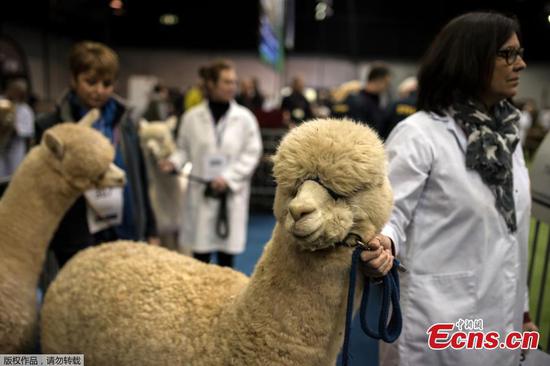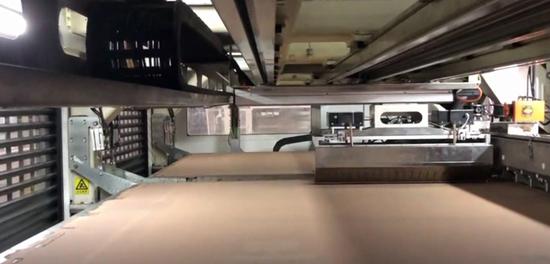
A one-on-one coaching session is held in Beijing with the father sitting behind his son. (Photo by LI JIANGUO/FOR CHINA DAILY)
High earnings
Coaching sessions for the IMO are expensive. After the ministry's ban was introduced and agencies halted coaching sessions, some parents banded together to employ teachers - usually from key public schools - to teach their children at home.
Although teachers are not allowed to take such paid part-time work, many are making additional money by holding clandestine coaching sessions.
A top math teacher taking a class of five to 10 students can earn about 3,000 yuan ($447) per hour from freelance work in first-tier cities such as Beijing and Shanghai. Some can make millions of yuan a year from such work, according to parents.
No teachers holding coaching sessions were willing to be interviewed.
Yang Dongping, head of the 21st Century Education Research Institute, wrote in a post on his WeChat account, "The ministry's ban has nothing to do with the Chinese team's performance in the competition in Bucharest last month.
"The ban is necessary, as it aims to relieve the burden on students and prevent a business mentality from disturbing the normal educational order."
Zhao Bin, a math teacher at Hangzhou No 2 Middle School in Zhejiang province, who has coached IMO gold medalists for the national team, told media outlets: "The Chinese team's performance in Romania this year reflects some problems that need coaches' attention. Still, it is natural for a country's performance to fluctuate. People should not make a big deal about it."
As all six members of the team are from three schools in Shanghai, it is more rational to refer to them as a Shanghai team, Zhao said.
The six were chosen from a pool of 30 selected from a 180-strong training camp, and were picked through a national math league match. Some 100,000 students take part in these matches nationwide.
Experts said it is unreasonable to take China's ranking in the IMO or the Romanian contest as a reference point for the level of math nationwide.
For instance, the IMO is not popular in France, but that country is an advanced nation in math, with dozens of Fields Medal winners. The Fields Medal, known as the Nobel Prize in mathematics, is awarded by the International Mathematical Union every four years.









